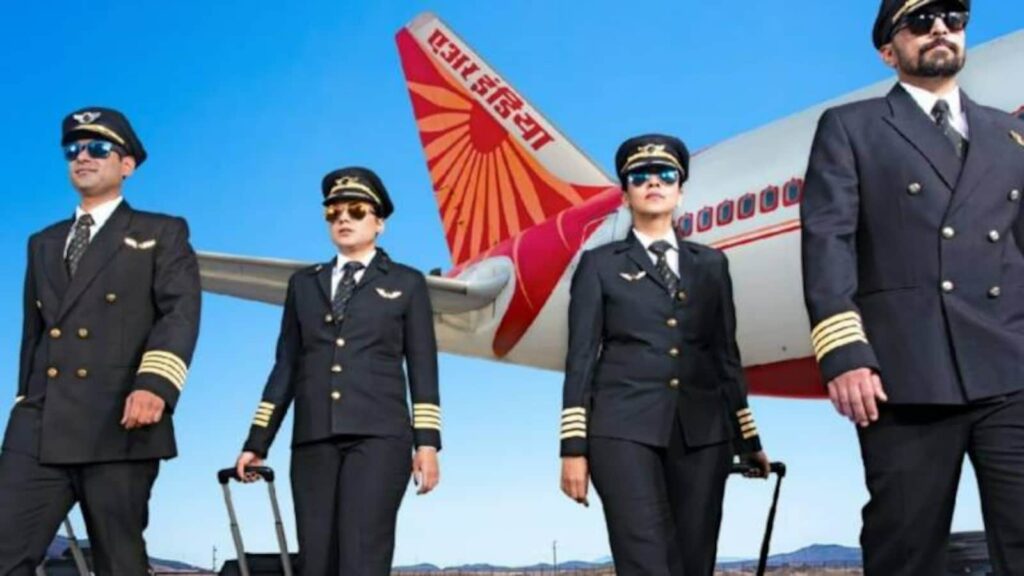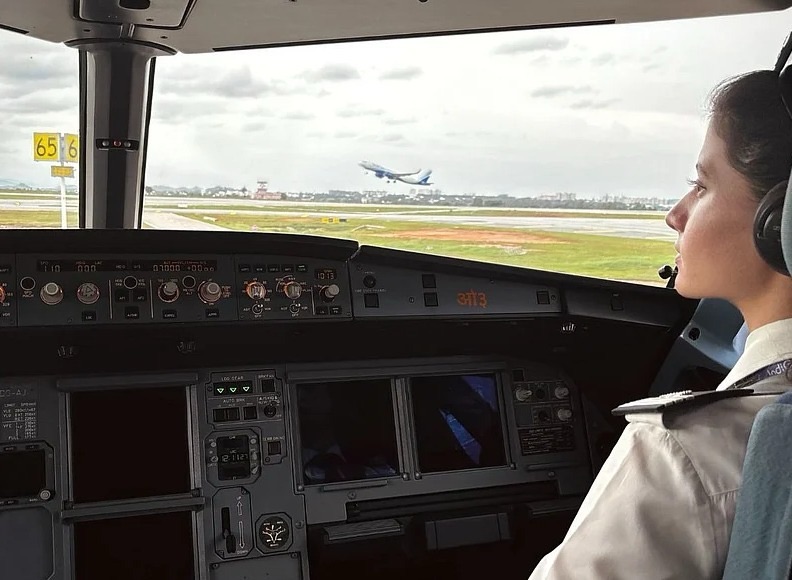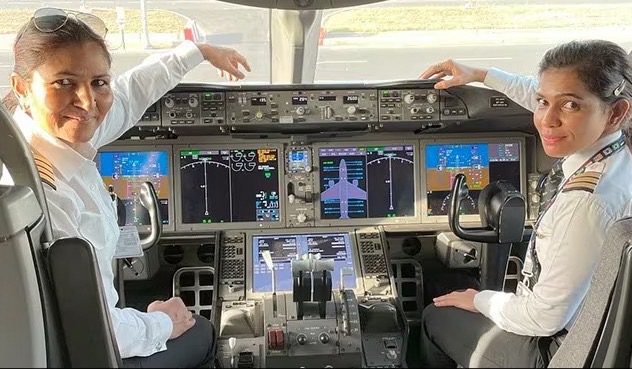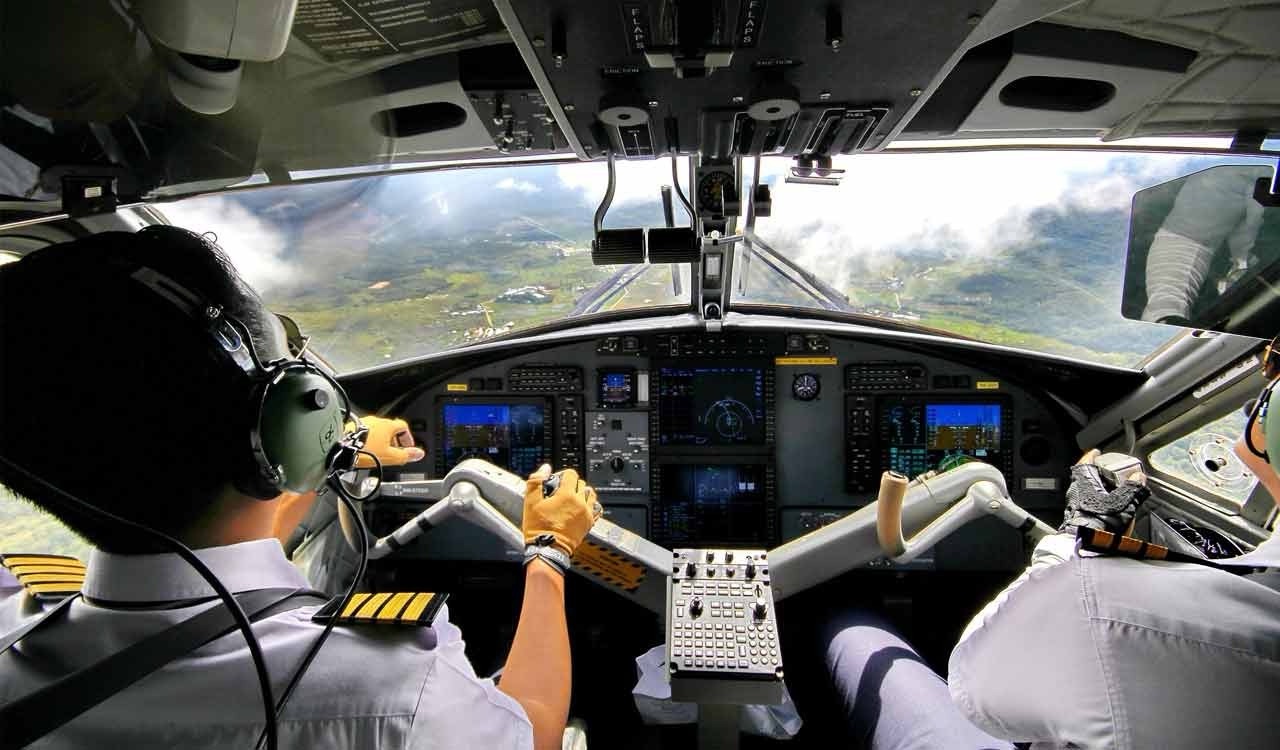India’s aviation sector is expanding rapidly, with airlines such as IndiGo (6E) and Air India (AI) pouring billions into new aircraft and infrastructure development. However, the significant recruitment of Indian pilots and engineers by foreign airlines, especially those in the Gulf, has become a pressing concern.
In a recent interview with The Hindu, IndiGo CEO Pieter Elbers expressed that the widespread poaching of Indian aviation professionals is “disturbing,” especially at a time when both public and private entities are striving to create a more robust aviation ecosystem.
Elbers noted that while some talent movement is expected, extensive losses could negatively impact the long-term strategies of airlines making investments for the next two decades.

India’s Concerns to ICAO
To tackle this challenge, the Indian government presented a working paper to the International Civil Aviation Organization (ICAO) in August. The document, titled “Practices Impacting Orderly Conduct of International Civil Aviation,” called on ICAO member states to consider implementing a code of conduct to regulate cross-border hiring.
The paper contended that aggressive recruiting by foreign airlines hinders the growth of Indian carriers by siphoning off skilled professionals such as pilots, technicians, and maintenance engineers.
It further emphasized that training replacements for these positions can take months or even years, imposing operational and financial burdens on domestic airlines.
India’s submission argued that this practice generates an “unfair competitive disadvantage,” as Indian airlines effectively bear the training costs for foreign carriers when their employees leave for higher-paying positions abroad.

Resistance at ICAO
Despite India’s initiatives, the proposal garnered minimal support during ICAO’s General Assembly in late September. The majority of member nations believed that the suggested measures could disrupt the principles of free labor movement and open market competition.
The International Federation of Air Line Pilots Associations (IFALPA) also put forth a counter-paper, stressing that restricting pilots from pursuing job opportunities abroad could infringe upon fundamental labor rights.
Pilot associations contended that instead of concentrating on foreign recruitment, India should investigate the reasons aviation professionals are opting to leave in the first place.
Numerous pilots have pointed to dissatisfaction with working conditions, wage disparities, and limited career advancement as key factors driving their migration to Gulf carriers, where they are offered tax-free salaries and enhanced benefits.
Some have also reported delays in obtaining official clearances from Indian authorities when changing jobs, which they believe suggests an underlying resistance to international mobility.

A Constrained Domestic Market
The demise of Jet Airways and Go First has further constrained the career prospects for Indian pilots. With IndiGo and Air India now dominating over 90% of the domestic market, pilots frequently find themselves caught between two major employers with minimal room for negotiation.
Pilot unions have cautioned that enforcing hiring restrictions could result in “bonded labor” conditions, where pilots are bound to a single airline without equitable terms or pay progression.
They assert that any viable solution must arise from enhancing local job satisfaction rather than obstructing overseas opportunities.
For all aviation-related guidance (DGCA ground classes, pilot training, cabin crew training)
Contact us https://contrail.in/
phone numbers +91 78457 69399


